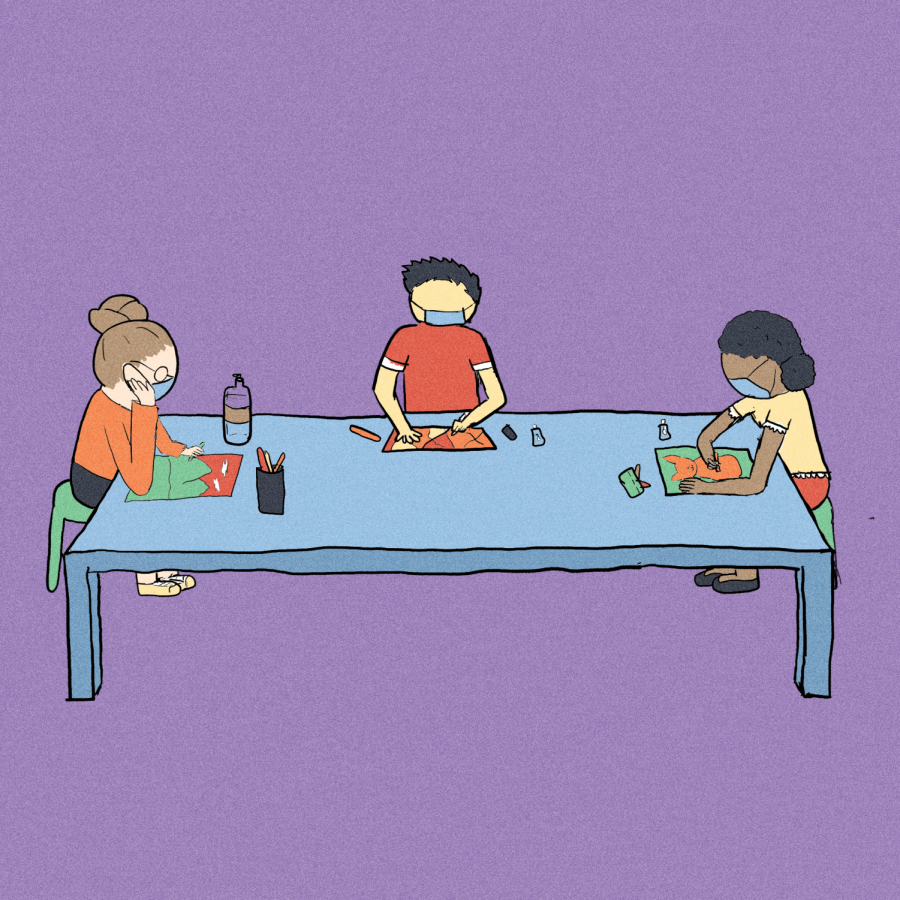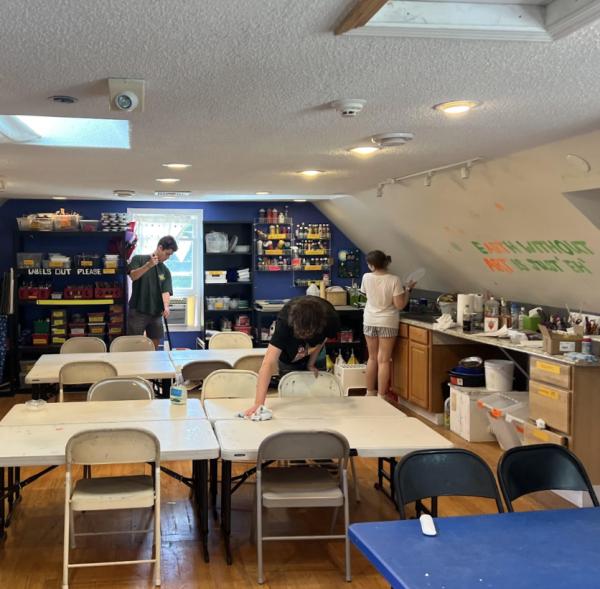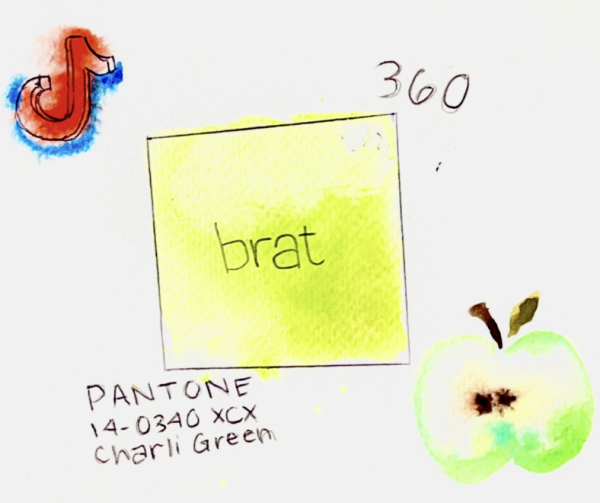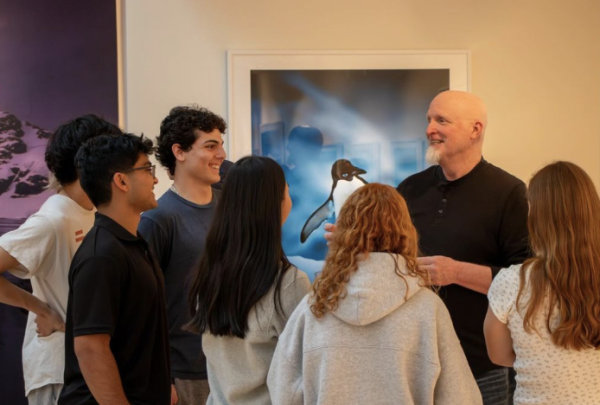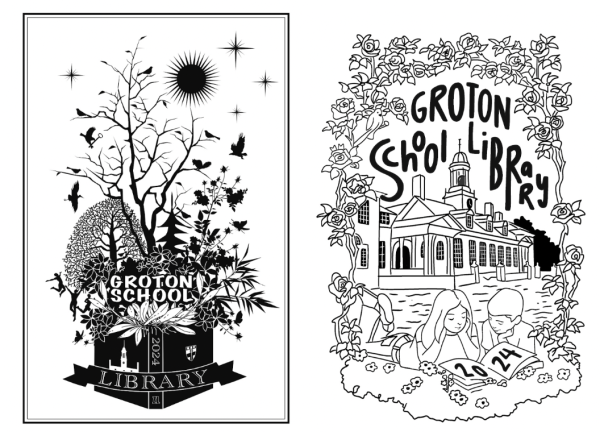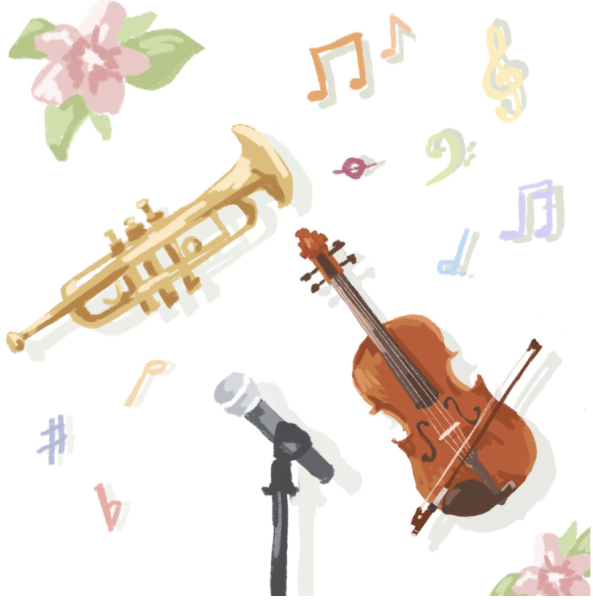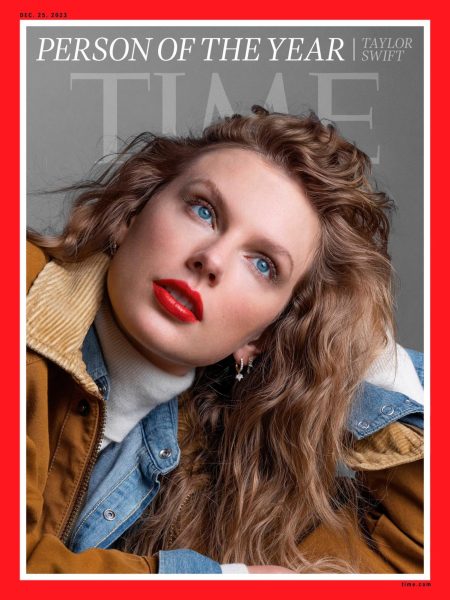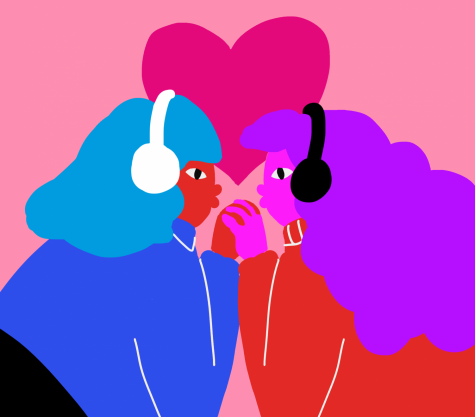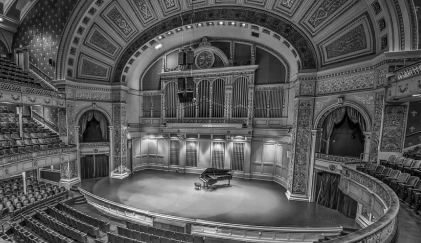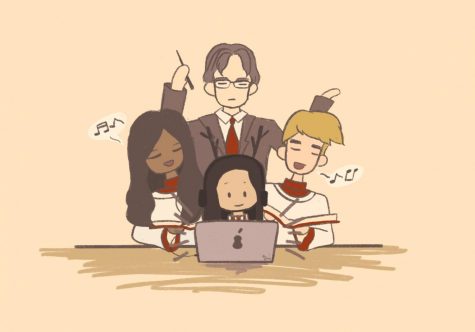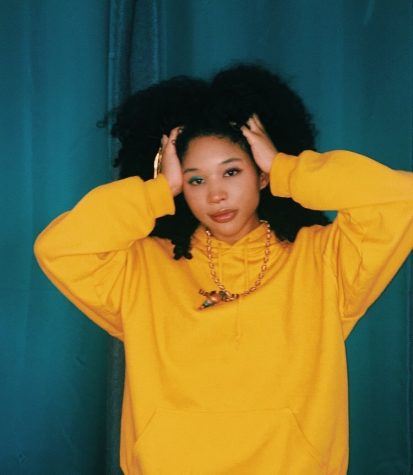Art Class Changes for the New School Year
Just as the school is working to establish a new norm, the art department is getting creative to tackle the new Covid-19 restrictions. What were once credited classes, such as jazz ensemble, improvisation, and painting, are now being offered during the new, specially designed Flex Blocks for no credit. Instead of meeting daily, musicians are now only expected to convene Wednesdays from 8:30 am to 9:30 am. Secondary clubs such as Chamber Music, Jazz Combo, and Chamber Choir are offered as afternoon activities on Tuesdays and Thursdays. Additional music lessons are now virtual until further notice.
Visual arts are also handled differently. According to Visual Arts Teacher Jennifer Ho, many Upper-School courses are no longer offered due to the new Covid protocols implemented, as well as the five-course cap limit. In return, Advanced Studio Art, a traditionally year-long course, will now accommodate the typical semester-long classes. Although Lower-School courses are happening during Wednesday’s flex block, this Upper-School class is offered during the Thursday flex block in the form of a seminar/workshop, while Open Studio, a club created to make the Arts Center an open community for artists, is made available as an afternoon activity.
So, exactly how are these courses going to play out? With Massachusetts’s state order enforcing social-distancing and masks at all times, art students will have to practice social distancing and wear face masks in and out of the studio.
“This is a tough conversation to have because visual art is so interactive,” Ms. Ho stated. “If a person needs help, intuitively I want to go help that student and look at what they’re doing. But obviously that’s not possible now.” According to Ms. Ho, students in the studio will be front-facing, spaced six feet between, and sitting in rows. Art studios have dramatically decreased in class size too, halving the normal 16-person class to just eight. Planned collaborative projects within each form will be reconsidered or occur online.
Unfortunately, many significant events are canceled, including Open Mics and the annual Lessons and Carols. Plans for inviting BIPOC artists onto the Circle are tentatively postponed until further notice, deciding that to fully support them, it is not just a necessity to have their physical presence, but also their artwork displayed on campus.
Despite all the challenges the department may face throughout the year, department heads and prefects remain hopeful. Especially with the dilemma of providing remote-learning students with an equally rewarding experience as that of those on campus, the visual arts department has arranged a remote-learning community led by prefects to “establish something that isn’t coming from a teacher’s perspective,” Ms. Ho explains. According to theatre prefect Caroline Drapeau ’21, the theatre department plans to use technology to their advantage, with potential plans including filming main-stage productions and one-act plays and releasing snippets to the Groton community as weekly episodes.
Although some of our peers might not be with us in person, or certain events we are used to attending are no longer held, passion for the arts and an in-person learning setup is more than enough to create something just as effective and rewarding as the norms.
Music prefect Nathan Zhang ’21 collectively wraps up everyone’s sentiments. “With creativity, a lot of communication, and passionate musicians ensuring that music will continue to prosper, we’ll just be fine adapting to what is thrown at us.”


